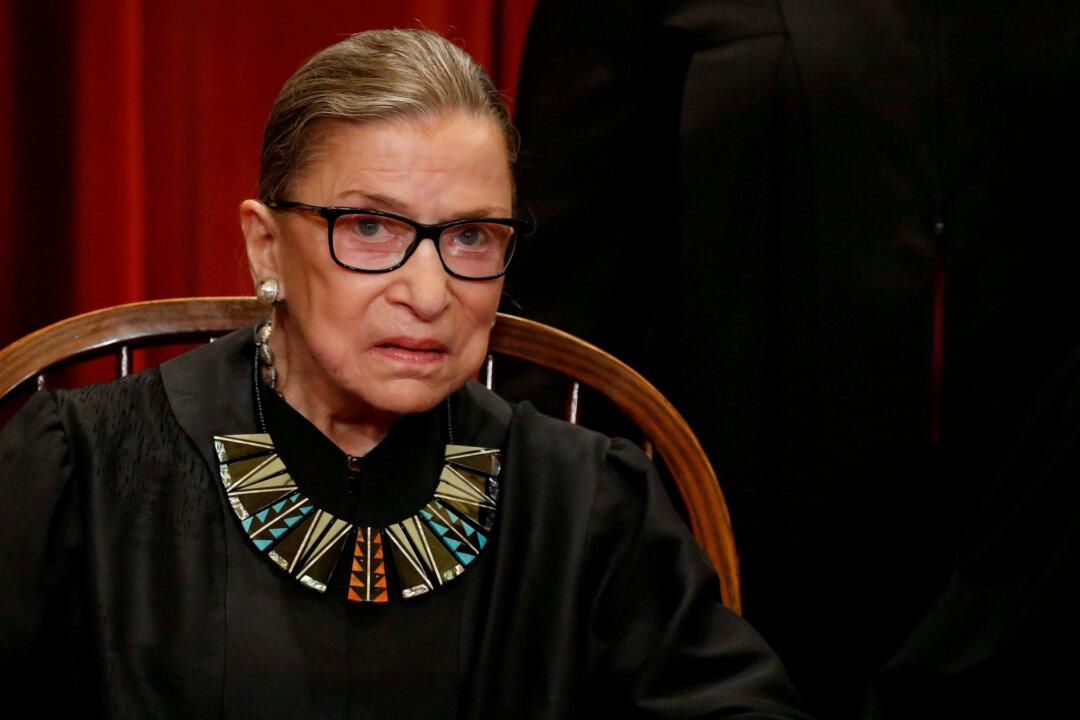Supreme Court Justice Ruth Bader Ginsburg on Friday put a temporary administrative hold on a lower court ruling that ordered two banks that have done business with President Donald Trump—Deutsche Bank AG and Capital One Financial Corp—to release Trump’s financial documents to House Democrats.
Her decision comes after Trump’s legal team filed an emergency request to the Supreme Court to issue a hold on the lower court’s decision. The temporary hold will enable Trump’s legal team to have time to argue for the Supreme Court to conduct a full review of the case.




